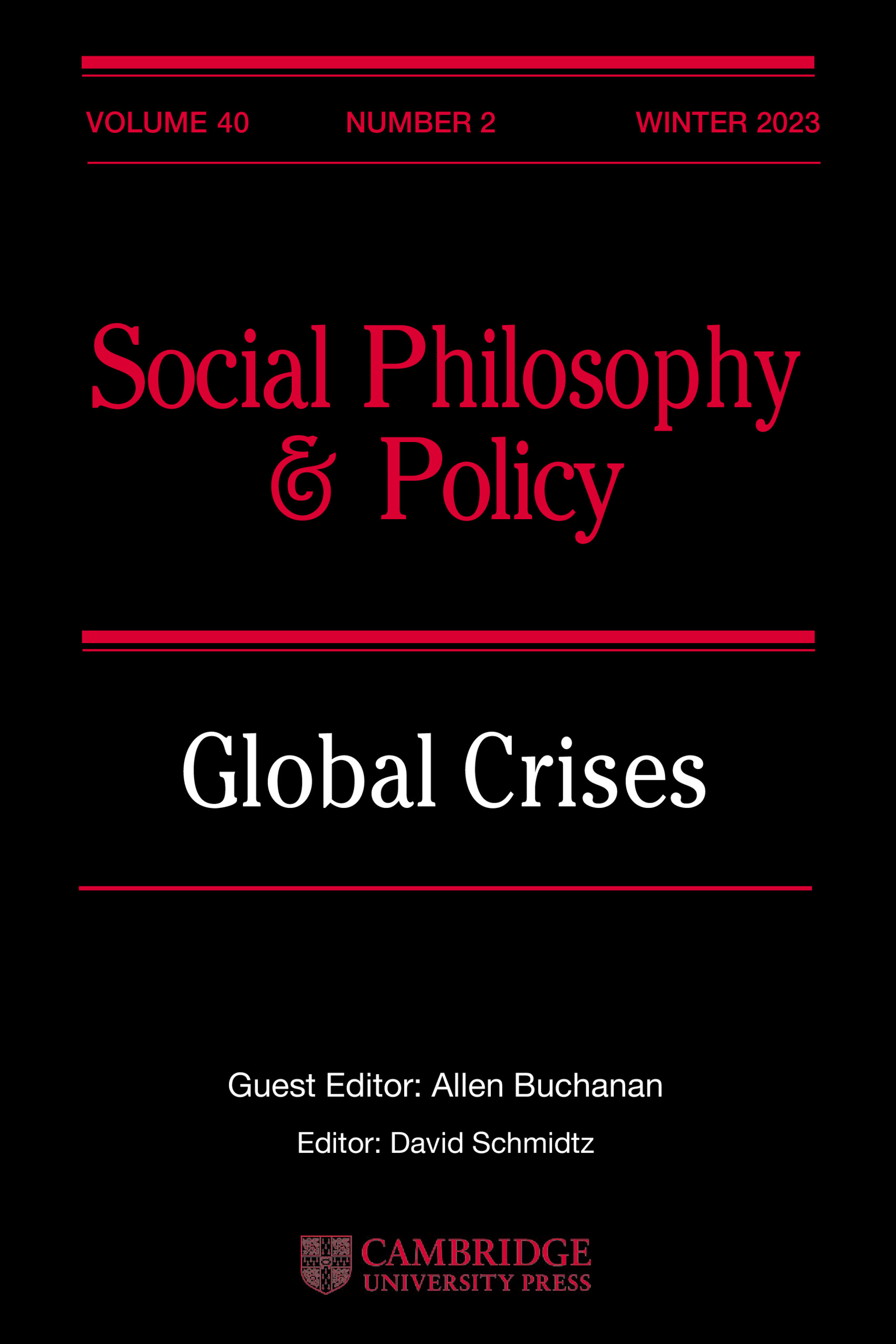Cultural Trauma
Slavery and the Formation of African American Identity
£89.99
Part of Cambridge Cultural Social Studies
- Author: Ron Eyerman, Yale University, Connecticut
- Date Published: December 2001
- availability: Available
- format: Hardback
- isbn: 9780521808286
£
89.99
Hardback
Other available formats:
Paperback, eBook
Looking for an inspection copy?
This title is not currently available on inspection
-
In this book, Ron Eyerman explores the formation of the African-American identity through the theory of cultural trauma. The trauma in question is slavery, not as an institution or as personal experience, but as collective memory: a pervasive remembrance that grounded a people's sense of itself. Combining a broad narrative sweep with more detailed studies of important events and individuals, Eyerman reaches from Emancipation through the Harlem Renaissance, the Depression, the New Deal and the Second World War to the Civil Rights movement and beyond. He offers insights into the intellectual and generational conflicts of identity-formation which have a truly universal significance, as well as providing a compelling account of the birth of African-American identity. Anyone interested in questions of assimilation, multiculturalism and postcolonialism will find this book indispensable.
Read more- A broad historical perspective
- A theory of African-American identity with universal significance
- Very relevant to contemporary society
Reviews & endorsements
'The international social-scientific readership is by now trained to expect from Ron Eyerman research of the highest calibre and an above average quantity of insights and original observations … and the reader won't be disappointed … In this book, as in previous books, Eyerman explores a well-travelled ground but brings from his expedition findings which make it not seem to have been familiar at all. Eyerman has chosen to investigate trauma as a factor of identity formation and for that reason the importance of his findings reaches far beyond the challenging task of understanding African-American history. Trauma, genuine or retrospectively construed, processed by the sieve of intellectually recycled memo, acquires in the age of brand new and newly reawakened nationalisms, a truly universal significance.' Zygmuunt Baumann, Leeds University
See more reviews'Ron Eyerman has written an extremely fascinating, intellectually exciting book showing how the cultural trauma of slavery has influenced African-American identity, from the period of slavery itself until the present.' Canadian Journal of Sociology Online
'Eyerman does well to incorporate blacks' globalized consciousness and to contextualize their shifting perspectives and concerns. This ambitious attempt to provide a framework for explaining black identity and social movements since emancipation offers intriguing insights that merit consideration.' Journal of American History
Customer reviews
Not yet reviewed
Be the first to review
Review was not posted due to profanity
×Product details
- Date Published: December 2001
- format: Hardback
- isbn: 9780521808286
- length: 314 pages
- dimensions: 229 x 152 x 22 mm
- weight: 0.63kg
- availability: Available
Table of Contents
1. Cultural trauma and collective memory
2. Remembering and forgetting
3. Out of Africa
4. The black public sphere and the heritage of slavery
5. Memory and representation
6. Civil rights and black nationalism
References
Index.
Sorry, this resource is locked
Please register or sign in to request access. If you are having problems accessing these resources please email [email protected]
Register Sign in» Proceed
You are now leaving the Cambridge University Press website. Your eBook purchase and download will be completed by our partner www.ebooks.com. Please see the permission section of the www.ebooks.com catalogue page for details of the print & copy limits on our eBooks.
Continue ×Are you sure you want to delete your account?
This cannot be undone.
Thank you for your feedback which will help us improve our service.
If you requested a response, we will make sure to get back to you shortly.
×



